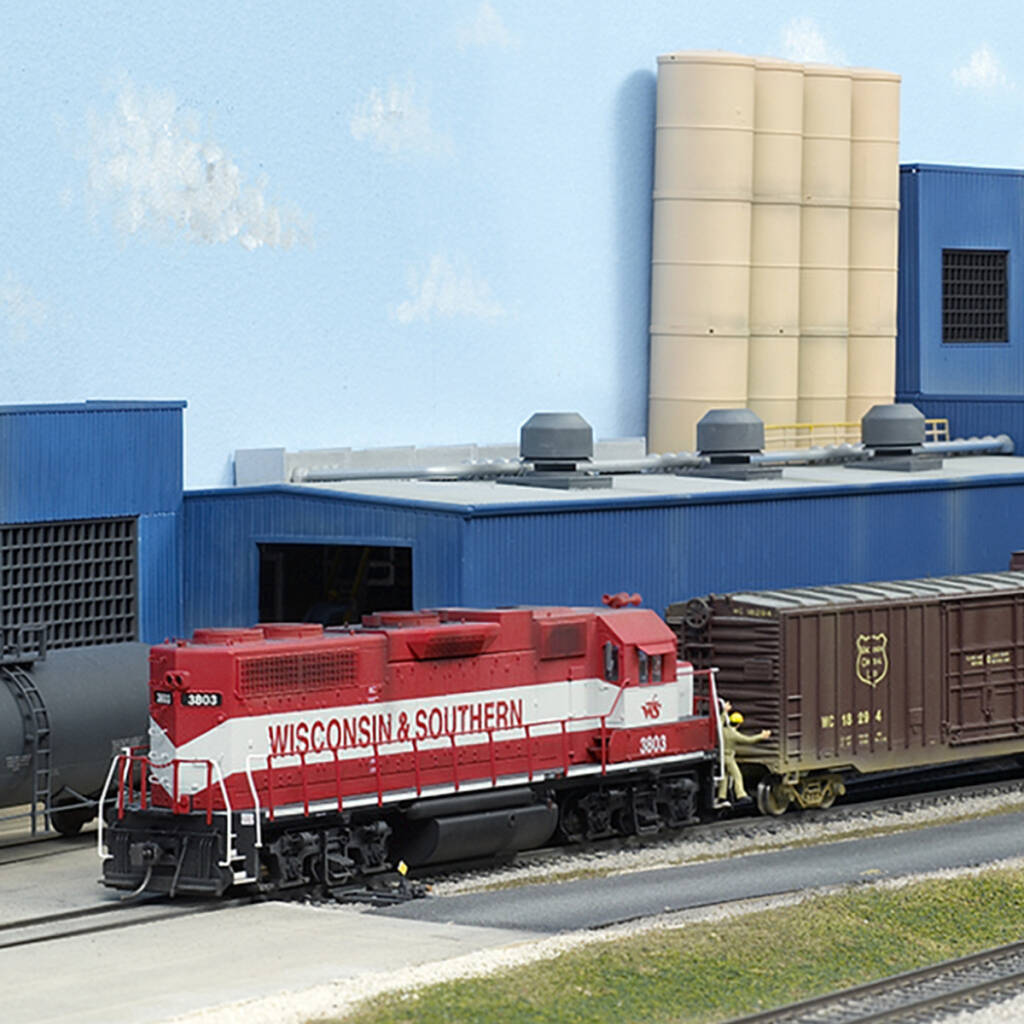
Q: I’m getting back into model railroading after a 50 year hiatus. I’m having trouble with knuckle couplers that won’t connect. I have new rolling stock from Athearn, Walthers, ScaleTrains, and Accurail. I also have several cars that I converted to Kadee. Couplers from different manufacturers don’t seem to work together. Are there any combinations […]
Read More…
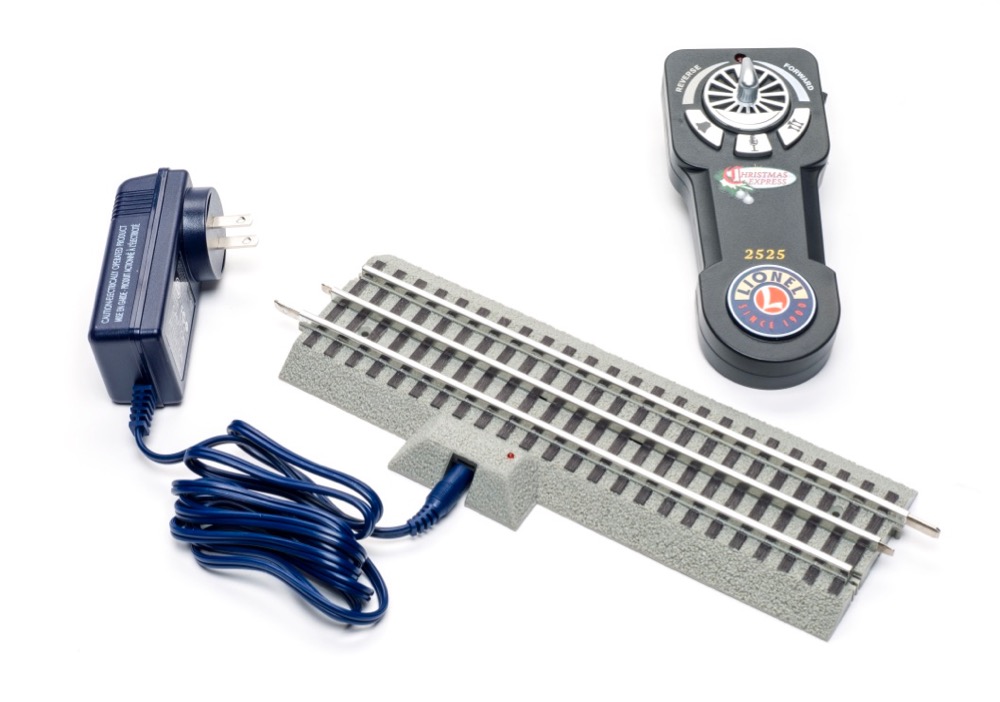
Command control systems allow more ways than ever to operate your toy train today, and if you’re new (or you’ve been away from the hobby), choosing a system might seem overwhelming. Don’t worry; we’re here to help! Let’s review the choices, along with their pros and cons. Conventional “Conventional” operation means you use a transformer […]
Read More…
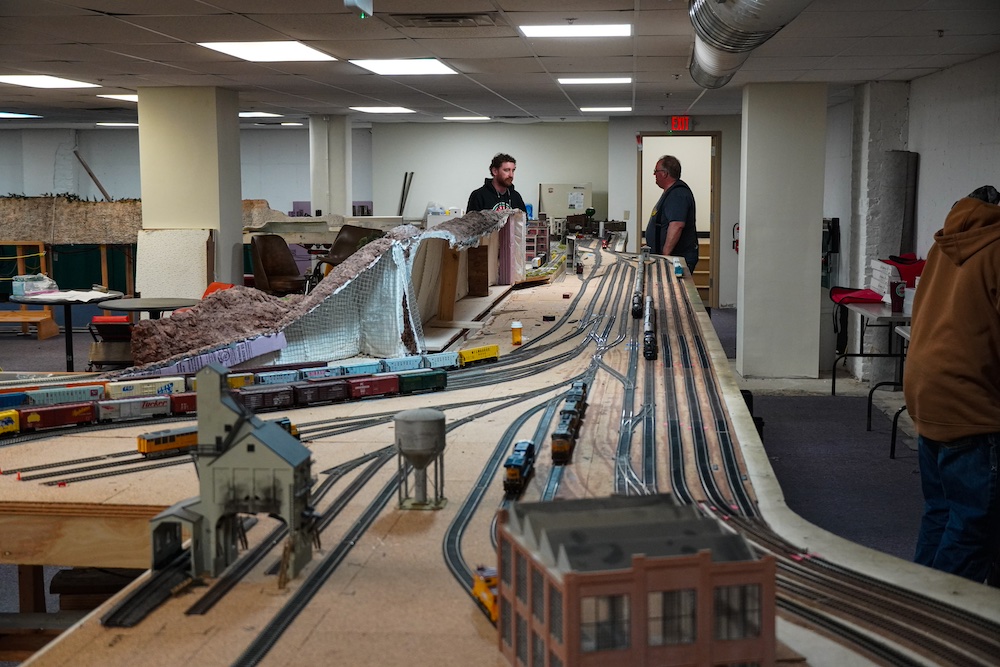
For as long as there has been model railroading, there have been model railroad clubs. Many of these groups and organizations, with some dating back to the 1930s, remain active today with well-established roots to weather the highs and lows. While the world has changed significantly, starting an all-new club from scratch is still possible. […]
Read More…
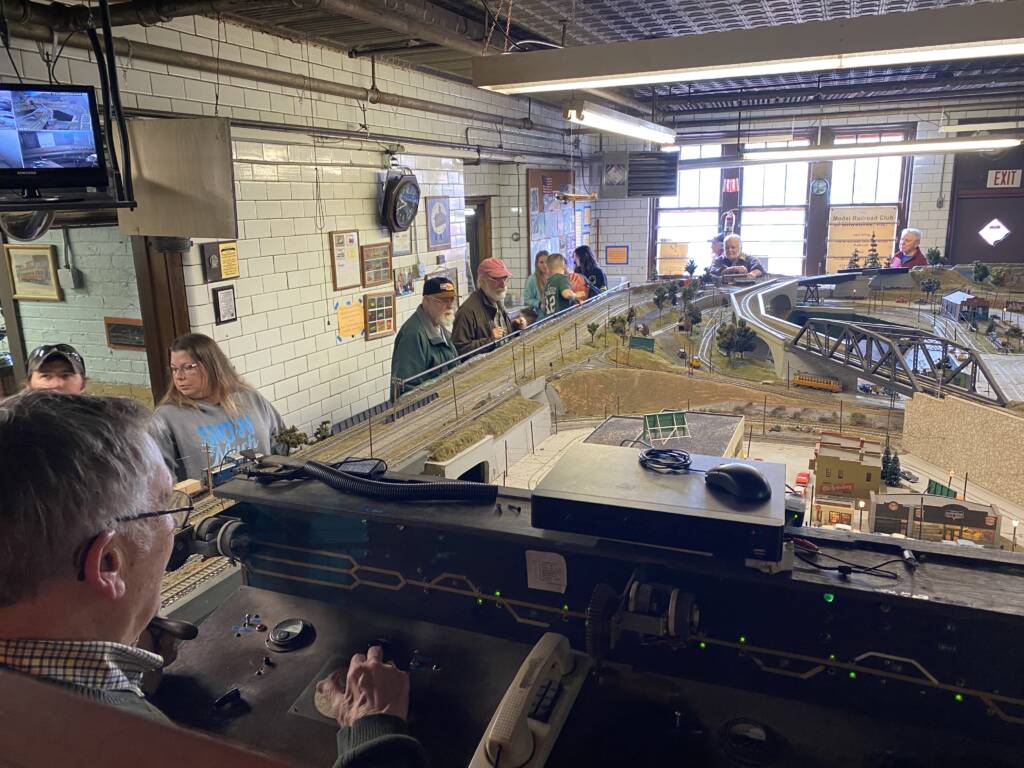
Milwaukee and model railroading share deep, historic ties. Model Railroader Magazine, Wm. K. Walthers, Inc., and the National Model Railroad Association all had their humble beginnings in the beer city. This rich heritage has fostered a healthy and diverse group of model railroad clubs throughout Southeast Wisconsin that are still active today. Finding these clubs […]
Read More…
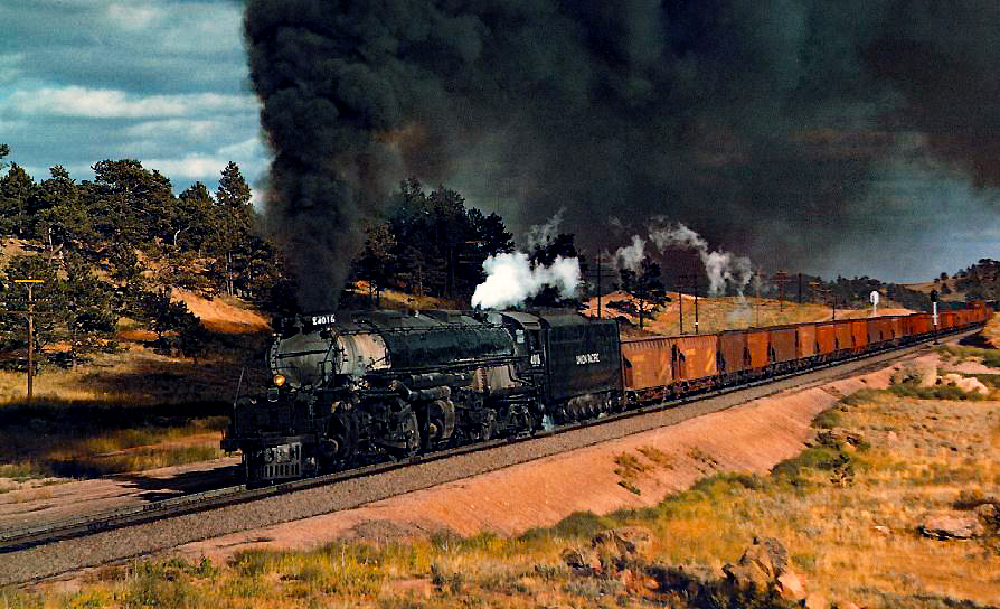
It’s a cliché to refer to a decade as a “decade of change.” In the summation of our nation’s history, what decade wasn’t a decade of change? Change is perhaps the great constant of American history, and in many ways it is that forward-looking dynamism that keeps America at the vanguard of the international community. […]
Read More…
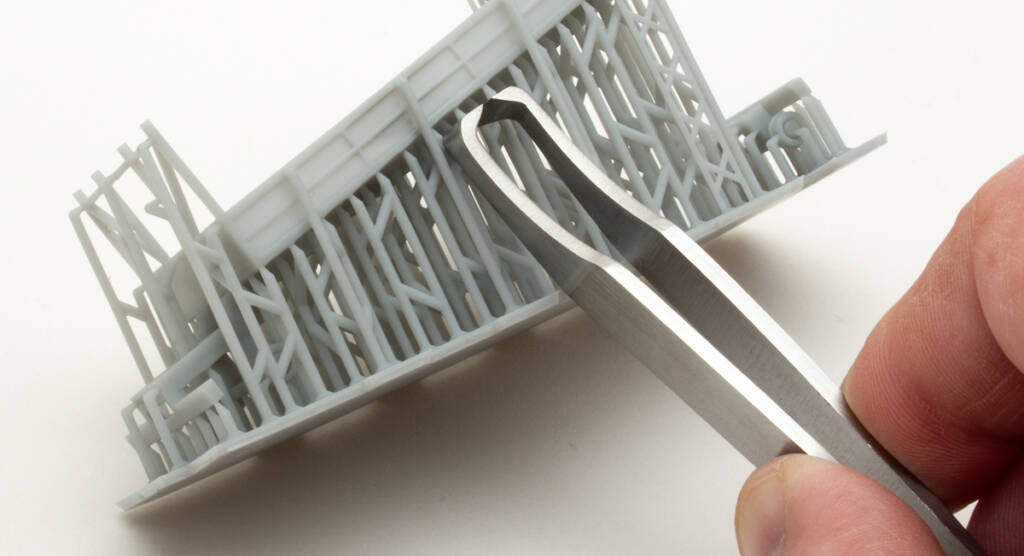
Q: I’m excited by all the new 3D-printed figures and details that have become available. Lately, however, I’ve received some figures that are still attached to the support structure. I work in HO scale, and I’m not sure how to safely remove all this material without damaging the details or figures. Do you have any […]
Read More…
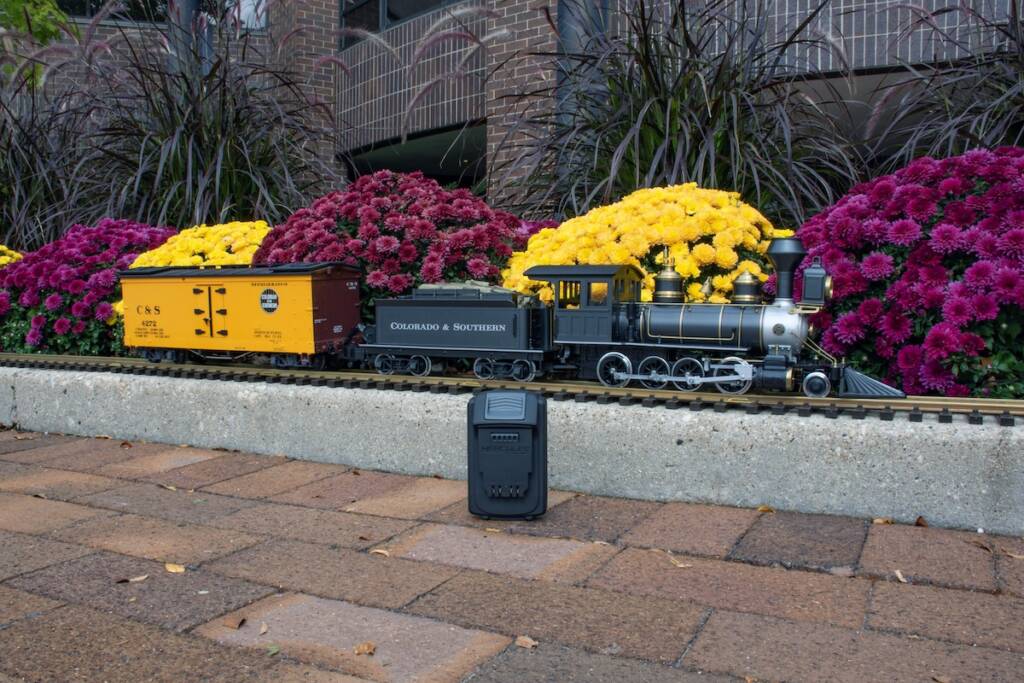
I never thought I’d get serious about Large scale (G gauge) model railroading, but here I am. This past summer, I successfully bid on a 1:22.5-scaled C-16 2-8-0 in Colorado & Southern livery at an online auction. This model, from the 1989 product line of the former Delton Locomotive Works (before its tooling went to […]
Read More…
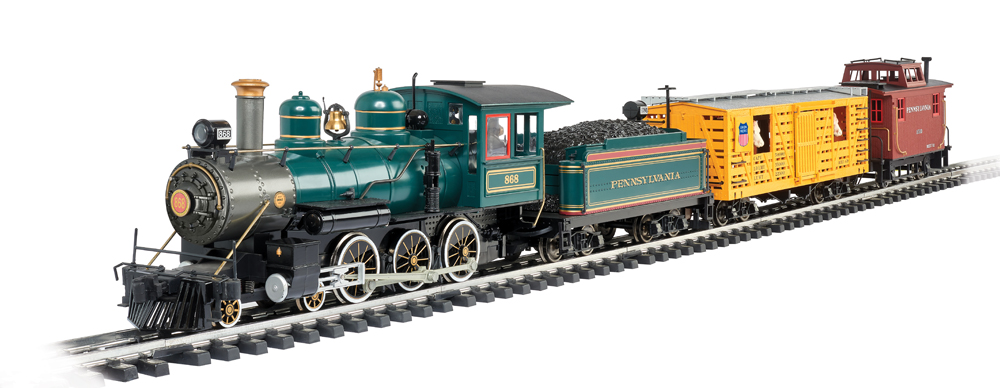
Manufacturers come and go in model railroading. The large scale market, primarily G gauge, is no exception, with a wide range of scales to choose from, and whether you’re taking the hobby indoors or outside. Let’s explore who is producing for customers today, from those with vast offerings to those specializing in specific products. If […]
Read More…
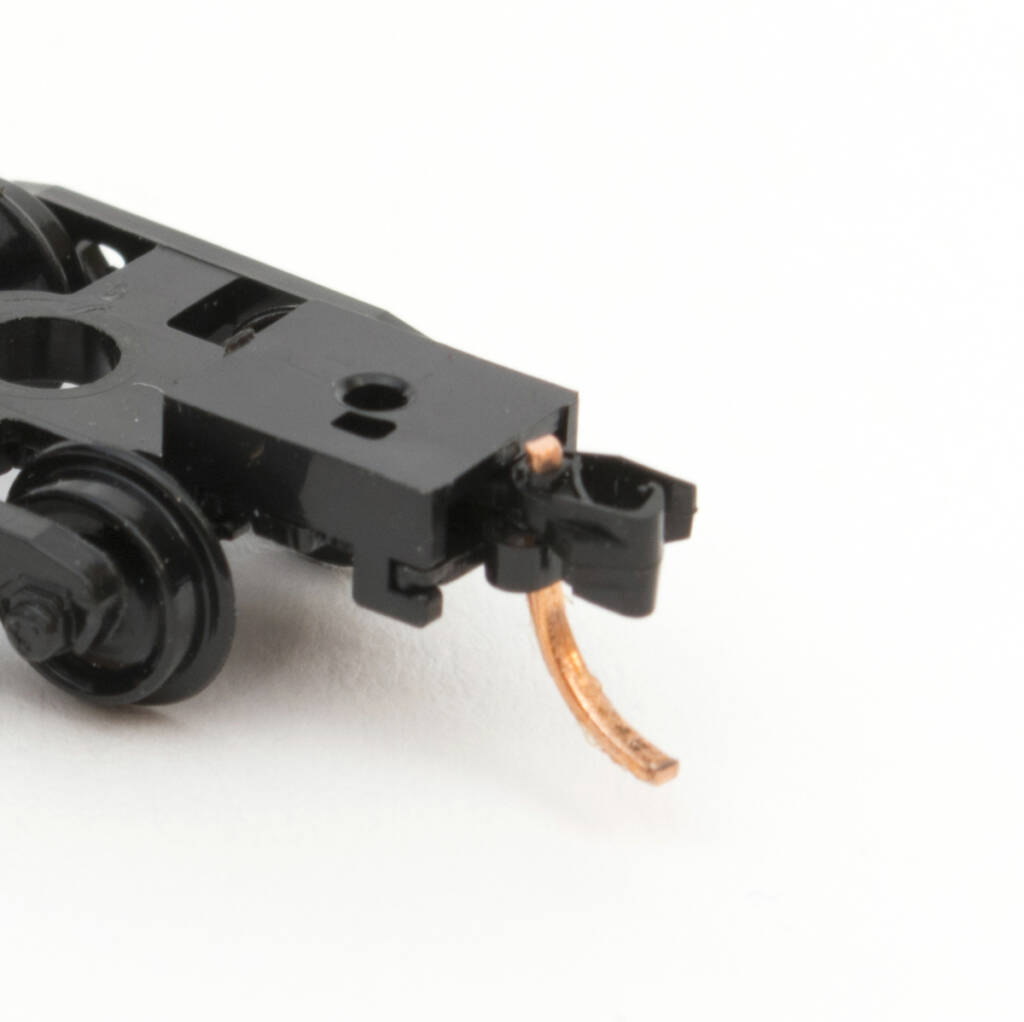
Q: I have gone to train shows and garage sales and bought many N scale cars with all sorts of different couplers. I am trying to create my own standard and stick with the majority of people with N scale rolling stock. I know there are many vendors out there. Can you help me sort […]
Read More…
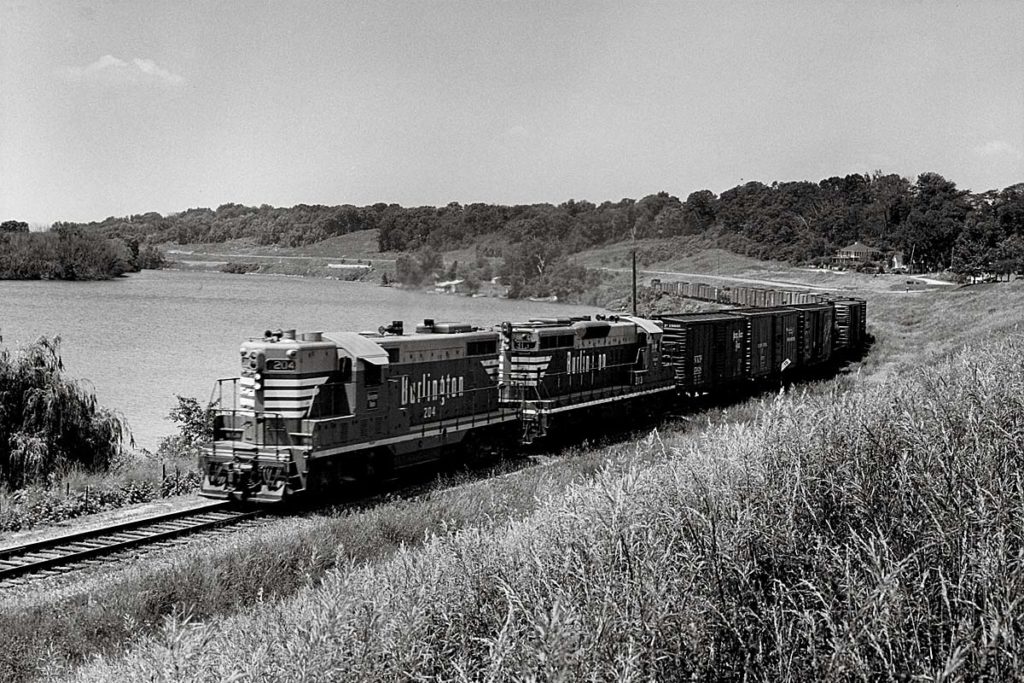
When designing their layouts, many model railroaders gravitate towards the 1960s. It’s easy to understand why — to many in the hobby, the 1960s represents one of the most dynamic decades in American railroading, as the last vestiges of steam power faded and diesel locomotives began their reign over America’s rail network, a reign which […]
Read More…
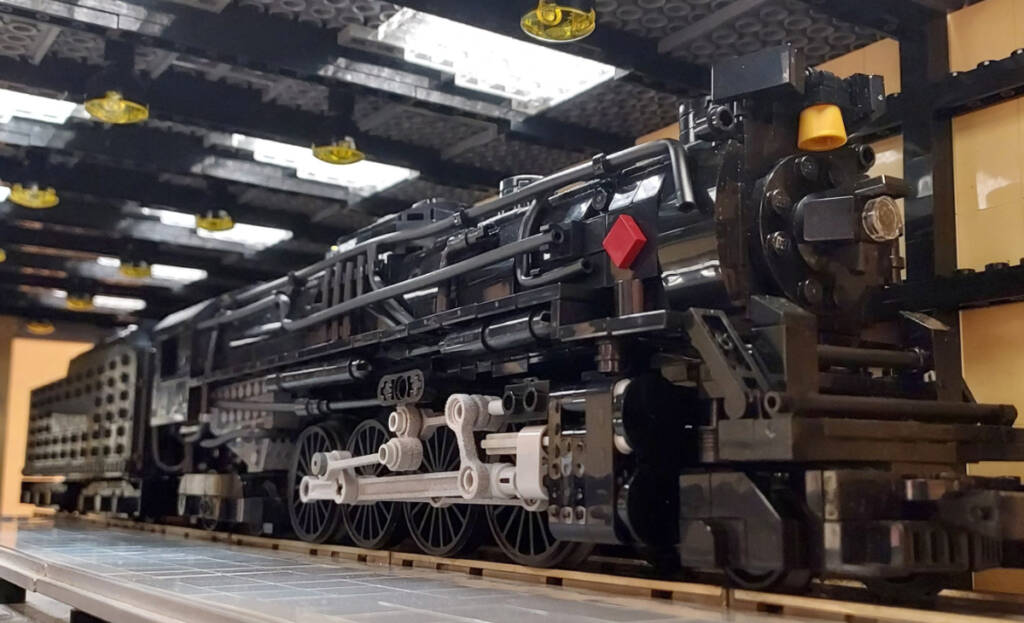
One of the greatest strengths of model railroading is the diverse, multifaceted nature of the hobby. History, woodworking, electrical engineering, and many other disciplines can all be pursued toward the common goal of making a miniature railroad that looks and operates as closely to the real thing as possible. And yet, for nearly every task […]
Read More…
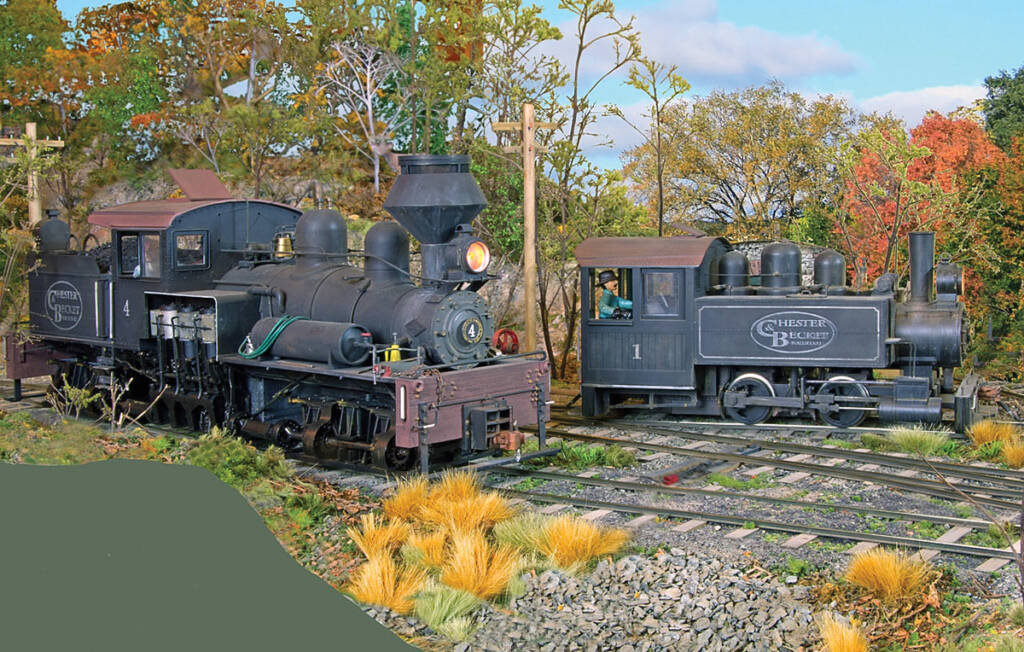
Q: In the September 2022 issue of Model Railroader, Mike Tylick wrote “Add a gated crossing to your layout.” On page 36, there is an image of a gate that he built for the F scale Chester & Beckett RR. What is F scale? — via email A: The Chester & Beckett RR, featured in […]
Read More…












